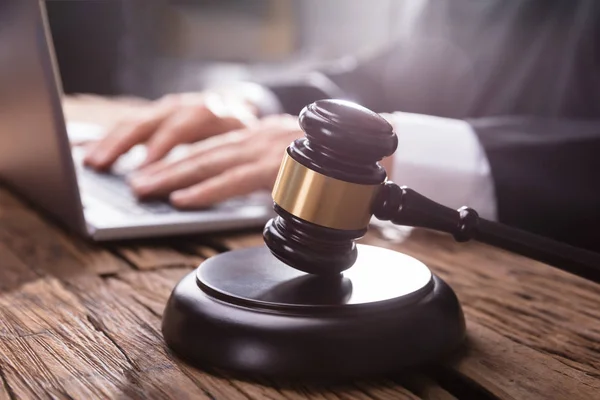Cyber law is a relatively new field of law that deals with legal issues related to the use of the internet. It encompasses a wide range of legal issues, including intellectual property rights. Intellectual property rights refer to the legal rights that protect the creations of the mind, including inventions, literary and artistic works, and symbols, names, images, and designs used in commerce.
Intellectual Property Rights
Intellectual property rights are protected by law to encourage innovation and creativity. There are four main types of intellectual property rights:
- Patents: These protect inventions, such as machines, processes, and products.
- Trademarks: These protect symbols, names, and designs used in commerce.
- Copyrights: These protect literary and artistic works, such as books, music, and artwork.
- Trade secrets: These protect confidential business information, such as formulas, processes, and customer lists.
Cyber Law

Cyber law is the area of law that deals with legal issues related to the internet, technology, and digital information. Cyber law covers a wide range of legal issues, including privacy, security, and electronic commerce. It also encompasses intellectual property rights.
The internet has made it easier to create, distribute, and access intellectual property. However, it has also made it easier to infringe on intellectual property rights. For example, it is easy to copy and distribute copyrighted material on the internet without permission from the copyright owner.
The Intersection of Cyber Law and Intellectual Property Rights
The intersection of cyber law and intellectual property rights is an important area of law. It is important because the internet has made it easier to infringe on intellectual property rights. For example, it is easy to copy and distribute copyrighted material on the internet without permission from the copyright owner. This has led to an increase in piracy and counterfeiting.
Cyber law provides legal remedies to protect intellectual property rights on the internet. For example, the Digital Millennium Copyright Act (DMCA) provides a mechanism for copyright owners to protect their copyrighted material on the internet. The DMCA allows copyright owners to send a notice to an internet service provider (ISP) to remove infringing material from a website. The ISP is then required to remove the infringing material or risk liability for copyright infringement.
Other legal remedies for protecting intellectual property rights on the internet include trademarks, patents, and trade secrets. Trademarks can be used to protect brand names and logos used in commerce. Patents can be used to protect inventions, such as software or algorithms. Trade secrets can be used to protect confidential business information, such as customer lists or manufacturing processes.
The intersection of cyber law and intellectual property rights is an important area of law. The internet has made it easier to create, distribute, and access intellectual property. However, it has also made it easier to infringe on intellectual property rights. Cyber law provides legal remedies to protect intellectual property rights on the internet. These legal remedies include the Digital Millennium Copyright Act, trademarks, patents, and trade secrets.
It is important for individuals and businesses to be aware of their intellectual property rights and to take steps to protect them. This includes registering trademarks and patents and using legal mechanisms, such as the DMCA, to protect copyrighted material on the internet.


Comments are closed.